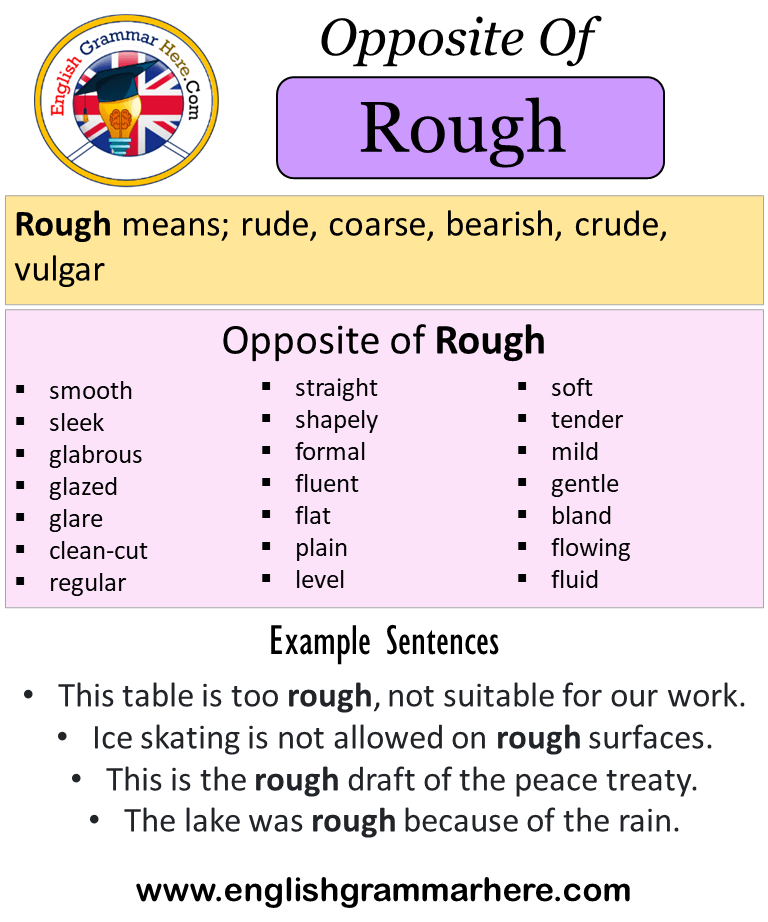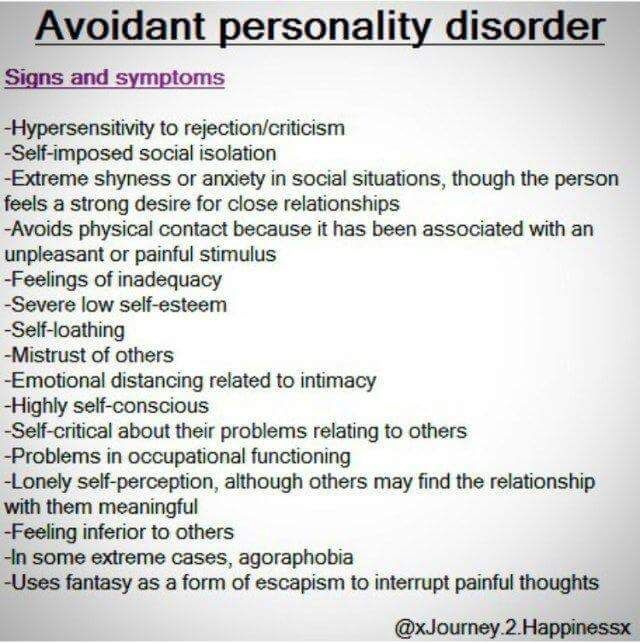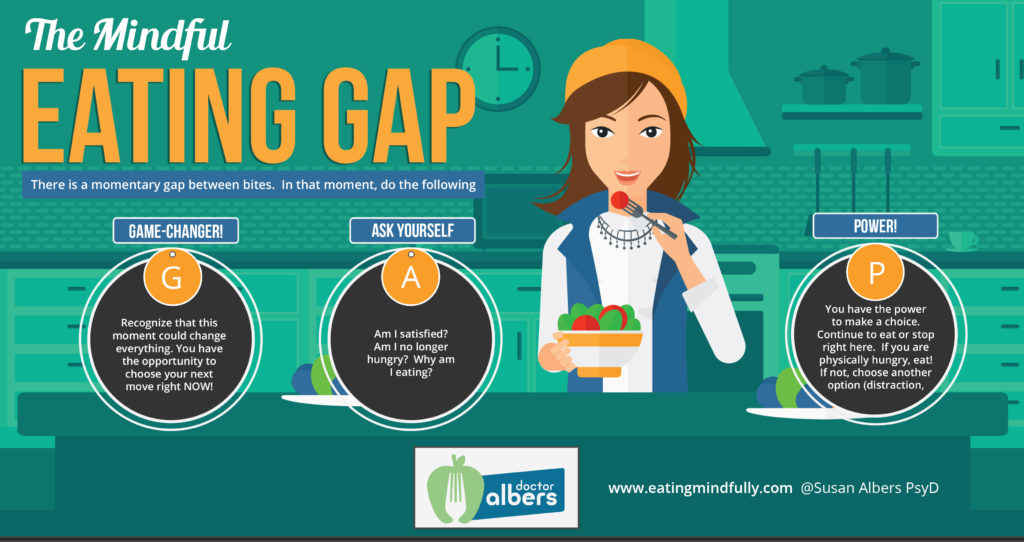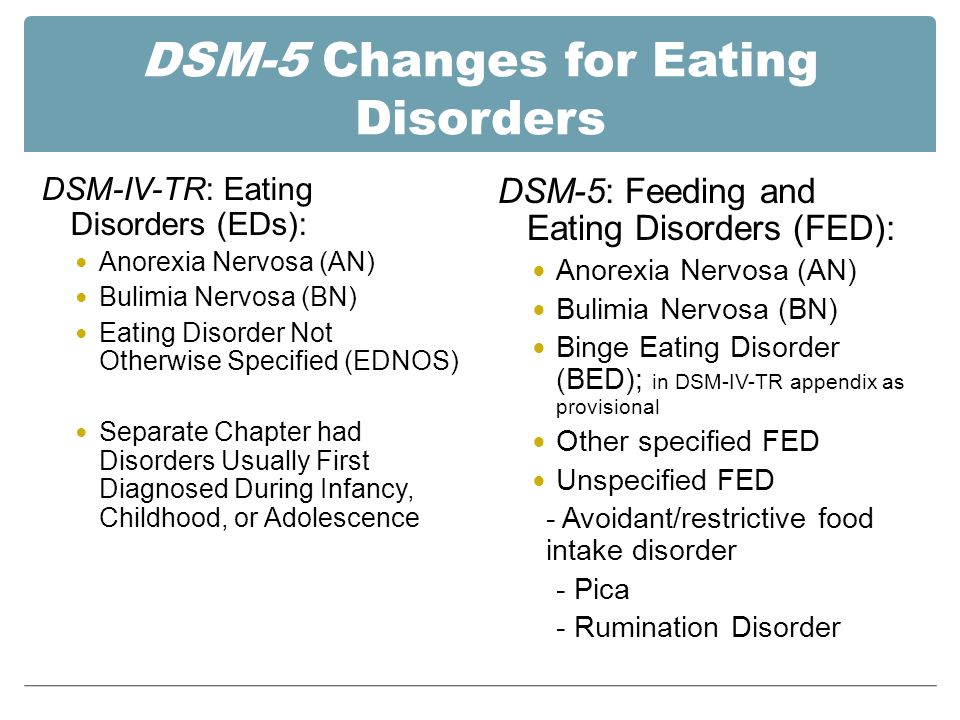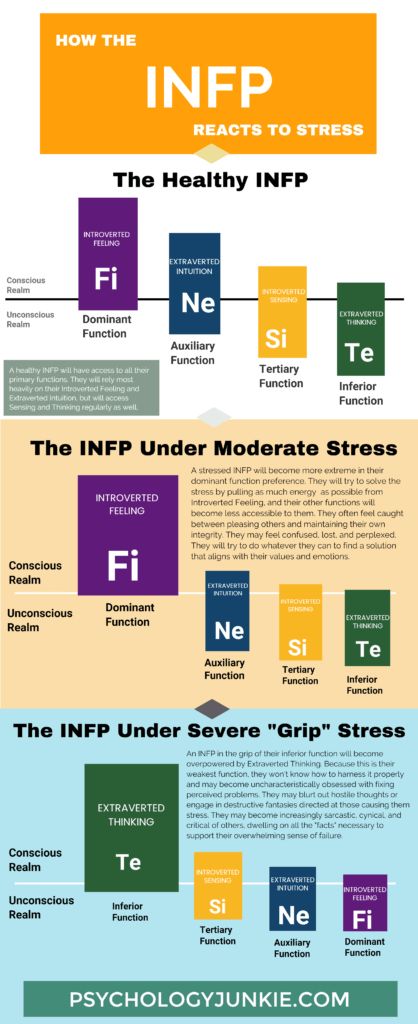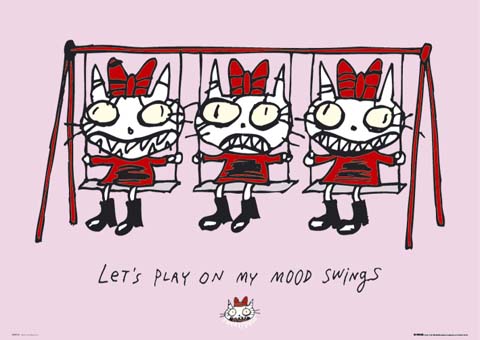How to stop worrying about the past
Can't Stop Thinking About Past Mistakes? This May Be Why
Thinking about the past is natural. But what happens if you just can’t stop? Rumination may be upsetting, but there are ways to stop it.
Memories of the past can connect you with parts of yourself that you’ve left behind. But persistently dwelling on your past, or thinking about events that already happened, may cause you distress.
This is particularly the case if you’re fixated on negative events or emotions that once were. For example, if you can’t stop thinking about past mistakes.
Managing these intrusive thoughts is possible, although it may require some time and effort. Understanding why you can’t stop ruminating on the past can be the first step to finding relief.
Rumination is when you’re stuck in a loop of repeated negative thoughts about the past, and you can’t seem to stop even if you want to.
“It’s a cycle of excessive worries in which we repeatedly return to the same negative thoughts,” explains Tanya J. Peterson, a mental health educator in Eugene, Oregon. “When we ruminate, we repetitively think about certain troublesome thoughts over and over again.”
This negative thought cycle can impact your mental health and also intensify symptoms if you already live with depression or anxiety.
There’s a difference between worrying about a problem and ruminating on the past, though. Peterson explains one easy way to differentiate them is to ask yourself if when you think about the past event you’re focused on possible solutions or lessons.
If you’re fixed exclusively on the negative aspects, it’s probably rumination.
“In rumination, we continue to obsess over the negative without working toward a resolution or way forward,” says Peterson.
Rumination is a behavior and not a mental health condition. It’s a common symptom in anxiety and mood disorders, though. But it doesn’t have to be permanent. You can learn to manage it.
If your thoughts about the past are a symptom of a mental health condition, a professional may be able to help. By addressing the underlying cause, you can find relief for all of your symptoms — including rumination.
By addressing the underlying cause, you can find relief for all of your symptoms — including rumination.
Addressing rumination directly can also help. These tips may help you stop ruminating on the past:
1. Try quieting your inner critic
“You are not bad, weak, or flawed for ruminating,” says Peterson. Focusing on the past and putting yourself down for ruminating might reinforce negative thinking and increase your distress.
You may not be able to change what happened in your past, but you can create new experiences from this second on.
Going over what you did or didn’t do right won’t change anything. You did what you could with the resources at hand.
Self-compassion and forgiveness will go a long way, and it can start by simply not putting yourself down.
2. Consider the possibilities
Thinking about the things that are important to you may help you step away from painful rumination.
Instead of focusing on the things you don’t want, try to be intentional and identify what you do want in your life.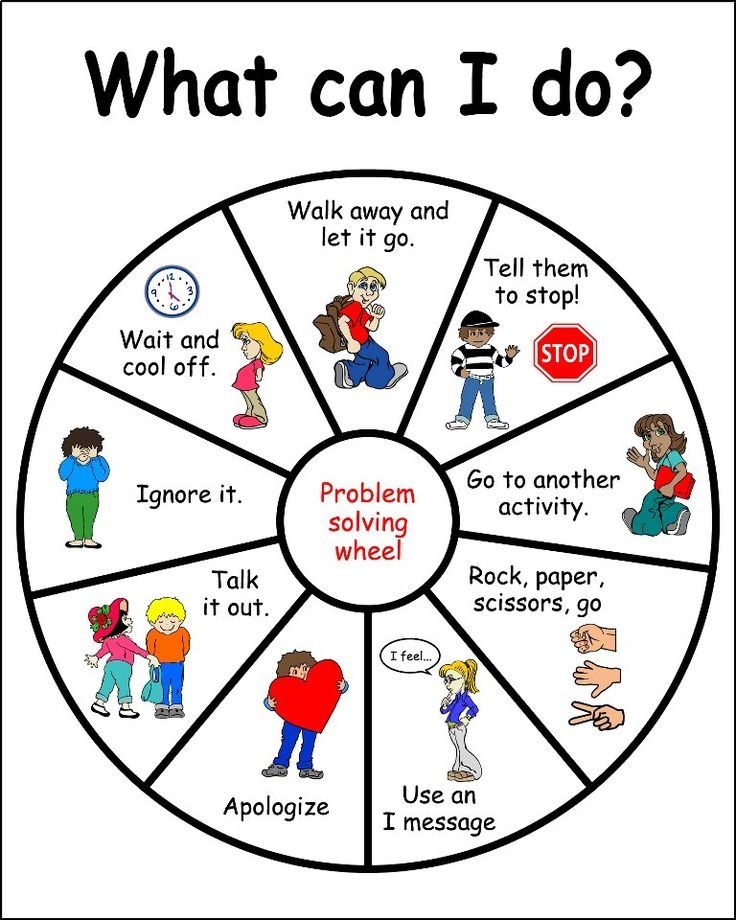 This can be relationships, jobs, hobbies, or places to be.
This can be relationships, jobs, hobbies, or places to be.
“When you catch yourself ruminating, gently shift your attention to an image of your valued life,” suggests Peterson.
3. Changing directions may help
When you find yourself hitting reverse, try to switch gears and move forward. You may even set it at neutral.
Peterson explains that grounding yourself in the here and now may allow you to redirect your negative thoughts. So, even if it doesn’t come naturally at first, try to come back to the present whenever you find yourself thinking about the past.
For example, look in front of you and try to find every possible detail of the first object you set eyes on. You can look at shapes, textures, colors, shades, and positions.
No. An obsession is a recurring and irrational thought that causes you intense distress. It’s also a thought you can’t seem to control or shake off, and that isn’t based on facts.
Obsessions often lead you to engage in rituals that you feel alleviate the distress. This ritual is called a compulsion.
This ritual is called a compulsion.
Rumination is a type of compulsion.
Even if you’re not aware of it, thinking persistently about the past may be something you do to find relief from things that are out of your control.
You may ruminate on the past once and again trying to uncover new perspectives on what happened, or revising every detail as if you could change it.
Both obsessions and compulsions are formal symptoms of obsessive-compulsive disorder (OCD) although not everyone who ruminates lives with the condition.
In some cases, rumination is also associated with:
- depression
- anxiety
- postpartum depression
- post-traumatic stress disorder (PTSD)
Is rumination always linked to mental health conditions?
No. Everyone thinks about the past from time to time, even if not living with a mental health condition.
For example, it’s natural — and sometimes even expected — to insistently think about that last argument you had with your ex-partner before you broke up.
In most cases, though, you’ll think about this incident a little less every day.
If you think about the past with the same intensity after a while, then you might be ruminating. Depending on other symptoms you may or may not have, a mental health professional may give you a specific diagnosis like anxiety or OCD.
Rumination associated with a mental health condition is typically more intense and longer lasting.
If you can’t stop thinking about the past but don’t have a mental health condition, it may be easier for you to recognize and cope with the negative thought cycle, says Peterson.
Rumination can affect your mental health, even if you don’t have a mental health condition. “Repeatedly returning to the same negative thoughts and sticking with them has far-reaching effects,” explains Peterson.
In any case, these effects can be managed and there are ways to cope with distress.
Rumination can impact your mental health by:
- causing or increasing symptoms of anxiety and depression
- leading you to live in a constant state of dread
- impairing your ability to focus
- sapping your motivation and limiting your ability to feel joy
- changing your sleep patterns
Peterson explains that chronic stress can also lead you to develop physiological challenges, such as systemic inflammation.
Constantly thinking about negative aspects of the past can also impact your emotional health. You may frequently feel overwhelmed, angry, or sad.
When thinking about the past starts to negatively impact your life, it may be a good idea to seek out professional help.
Peterson adds that if strategies you’ve tried on your own aren’t successful, it may be a sign that it’s time to see a therapist.
“[Therapists] are skilled at helping people deal with mental health conditions, but they also help people who are experiencing challenges but don’t have a mental health diagnosis,” she says.
Having a mental health diagnosis isn’t a prerequisite for working with a therapist. Rumination can impact your emotional well-being regardless of whether you have a mental health condition. And a therapist can help you no matter what you’re dwelling on.
It’s human nature to think about past mistakes. But, rumination can impact your mental health.
Mindfulness strategies may help you redirect and recontextualize your negative thoughts, though.
However, when rumination starts to interfere with your life and emotional well-being, it may be a good idea to talk to a mental health professional.
How to Avoid Worrying About The Past &/or Future | Bill Crawford, Ph.D.
We have all heard the wisdom that “living in the present” is a good idea. And yet, we have also noticed how easy it is to find ourselves running past decisions or experiences over and over in our mind, and/or worrying about what might happen in the future. The reason for this disconnect between what we know (the value of living in the present) and what we feel (worrying about the past and the future), has to do with how the brain processes information.
For example, the part of the brain that is designed to keep us safe in dangerous situations (the limbic system) has a tendency to look to the past and/or the future for things we should be worried about. Unfortunately, most of the data it comes up with is information that (a) isn’t truly dangerous, and (b) isn’t within our control. This has those of us who consistently worry about the past and/or the future feeling vulnerable and anxious, because we are getting signals that something was, or will be wrong, but we are not in a position to do anything about it. This then triggers a new round of stress chemicals, and we find ourselves trapped in what I call “The Cycle of Stress.”
This has those of us who consistently worry about the past and/or the future feeling vulnerable and anxious, because we are getting signals that something was, or will be wrong, but we are not in a position to do anything about it. This then triggers a new round of stress chemicals, and we find ourselves trapped in what I call “The Cycle of Stress.”
So, what’s the solution? Do we just ignore any problem from the past, or any potential problem in the future because they are out of our control? No! What I suggest is that we shift from worry to awareness, and begin to become more purposeful in how we perceive our lives.
For those of you who follow my “Life from the Top of the Mind” philosophy, you know that this means ensuring that we are coming from the clear, confident, creative brain (the neocortex) before we make any decision. And further, ensuring that any decision we make (that doesn’t require a fight-or-flight response) comes from awareness versus worry.
To do this, we must start with the only time we can truly influence, which is the present. This requires us to make a purposeful choice about how we are thinking, feeling, and acting now…. and then proceed from there to see if there are things to be learned from the past and/or plans to be made about the future.
This requires us to make a purposeful choice about how we are thinking, feeling, and acting now…. and then proceed from there to see if there are things to be learned from the past and/or plans to be made about the future.
Further, we must ensure that whoever we choose to be in this moment (how we want to think, feel, and act) becomes a benchmark for going forward. In other words, if confident, loving, creative and compassionate are how we are choosing to be, then we will want to notice if our limbic system starts to trigger worry, anxiety, anger, or fear. If so, we can simply write this off as the old, reactive brain trying to keep us safe, and redouble our efforts to choose who we are rather than letting this old, fear-based part of the brain dictate our state of mind, and/or state of being.
Of course, many will say that, while it’s true that we can’t change the past, we can do something about the future. Therefore, we shouldn’t focus exclusively on the present but always be looking ahead as well, and, I agree. That’s why I described the best way to live as learning from the past and planning for the future, but only after we have decided the qualities and characteristics we want to bring in to this learning and planning process… or, how we want to be now!
That’s why I described the best way to live as learning from the past and planning for the future, but only after we have decided the qualities and characteristics we want to bring in to this learning and planning process… or, how we want to be now!
In fact, if we are indeed willing to make defining who we are in this moment our highest purpose (the most important thing in our life) that actually provides a springboard to the next moment, and the next and the next. In other words, given that our future is actually informed by how we are in the present, when we create each moment on purpose, we create a life of purposeful moments, which means the future will pretty much take care of itself. Plus, this more purposeful, present-moment way of being allows us to be flexible when the plans we made need to be changed.
This is what I help individuals and organizations accomplish by combining mindfulness, neuropsychology, and cognitive psychology into a step-by-step system that I call “Life from the Top of the Mind. ” If you would like me to help you and/or your organization access your best by understanding and influencing how the brain processes information, I suggest you contact me, because each present moment that you live without this knowledge has the potential to result in a future created more by chance than by choice.
” If you would like me to help you and/or your organization access your best by understanding and influencing how the brain processes information, I suggest you contact me, because each present moment that you live without this knowledge has the potential to result in a future created more by chance than by choice.
~ All the best, Dr. Bill
How to stop thinking about the past
“He who controls the past controls the future,” says the famous anti-utopia. This is true not only of political regimes, but also of the destinies of individuals. How you perceive your past is reflected in the present and, as a result, in the choice of the path you follow.
Often people cannot cope with sad thoughts about the humiliation and insults that they happened to endure years ago. If they can't harness those memories, they won't be able to move on. nine0003
Here are some ways to control thoughts of past troubles.
1. Become a fatalist about the past
Obsessed with past mistakes, people often blame themselves for not being astute or strong enough to change jobs, move to another city, or break up obsolete relationships. As a result, they missed a lot of opportunities that fate offered them, and wasted years.
As a result, they missed a lot of opportunities that fate offered them, and wasted years.
It will be possible to get rid of such self-accusations by changing the attitude towards one's role in past failures. Understand that your behavior was the result of a unique combination of circumstances, your ideas about the world and the character traits that you possessed at that time. nine0003
It's easier to think that you couldn't change anything then, because now the past really can't be corrected. You will see that you were not the master of the situation, but to some extent its hostage: everything happened as it should have happened. Start thinking about the past in this way and sooner or later you will feel relieved.
2. Understand that the past is a teacher
Any situation, no matter how badly it ends and no matter how detrimental it may be to your life, should be a lesson for you. Having parted with a loved one due to a wrong decision, you have learned to appreciate those who are dear to you, and perhaps this is what will help you avoid a new mistake in the future. After spending a few years indulging your habits, you have established exactly what you need to get rid of in yourself. nine0003
After spending a few years indulging your habits, you have established exactly what you need to get rid of in yourself. nine0003
Even if you lose a leg or an arm in a stupid accident, you have gained some experience. And do not rush to say that it is useless. Who knows, if not for this accident, perhaps your willingness to take risks could cost you not just your health, but your life.
The past is given to teach us not to repeat past mistakes and not to commit those that are truly fatal.
3. Correct what can be corrected
The past exists only in its consequences. If you manage to eliminate most of them, you can forget that you ever did things that you regret. nine0003
Have you lost a few years of your life that you could have spent on professional development? Get more done in the years that are allotted to you! Most of the omissions made earlier can be compensated by new achievements.
If you see that, despite all the difficulties, you managed to get out of the hole in which you found yourself, the burden of the past will no longer pull you back.
How to Stop Living in the Past: 4 Easy Steps
Nostalgia itself can be a pleasant feeling that helps you get through difficulties in the present moment. For example, a relationship with a partner can reach a dead end, but warming thoughts about your common pleasant experiences and travels help to wait out a tense moment without taking drastic steps. Or a routine period has come in work, but the memory of important past achievements helps to concentrate on the future. When there is no opportunity to travel, photos of past trips motivate you to wait for the next vacation. Relationships with friends can be like a roller coaster, but during flare-ups, common evenings and follies that we experience only with truly loved ones easily come to mind. nine0003
On the other hand, there is the problem of the "golden age syndrome" - if you remember Woody Allen's "Midnight in Paris". This is not necessarily a deification of the distant 60s or 20s: in ordinary life, the "golden age syndrome" can manifest itself in the fact that a happy time shrouded in a sweet fog - often youth, early youth, college days, first stormy novels - seems unique, unattainable, priceless and impossible in the present time.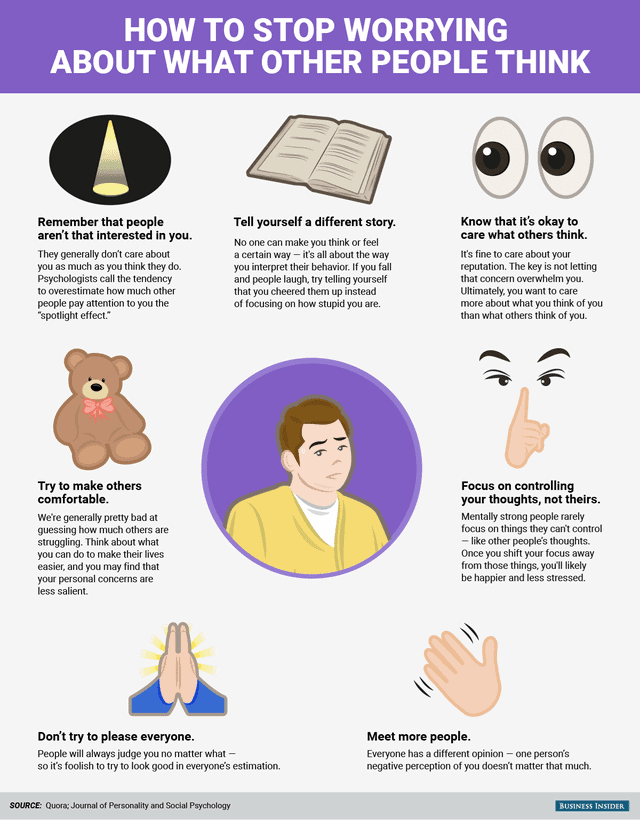 “I won’t fall in love the way I did when I was 16”, “Over the years, it’s getting harder to find real friends”, “There is nothing nicer than a child in early childhood - now it’s not the same at all.” By concentrating on some ideal moment in the past, we often take away the chances of the present: new acquaintances always lose out compared to “those” best friends, our youth gives way to maturity, and new adventurous antics do not give the feeling of “those” adventures. nine0003
“I won’t fall in love the way I did when I was 16”, “Over the years, it’s getting harder to find real friends”, “There is nothing nicer than a child in early childhood - now it’s not the same at all.” By concentrating on some ideal moment in the past, we often take away the chances of the present: new acquaintances always lose out compared to “those” best friends, our youth gives way to maturity, and new adventurous antics do not give the feeling of “those” adventures. nine0003
Advertising on RBC www.adv.rbc.ru
Nostalgia can very often be the enemy of the present moment: we are so caught up in idealizing the past that we don't notice the opportunities that arise right now. New contacts, new job offers, new stages of relationships with people we already know, new character traits in loved ones pass us by while we are busy daydreaming.
What to do. If you constantly indulge in pleasant thoughts about the past and you are not let go by something wonderful that happened a long time ago and, as you think, will not happen again, deal with your feelings. At what point, what people and experiences do you return to most often? Is it possible to organize something similar in the present? If a long-standing vacation with friends is still remembered with a warm smile, maybe you need to plan another common trip? If the romance in the relationship has evaporated, maybe it's time to discuss what you and your partner are missing and come up with a joint plan of action? If you miss the place and people, maybe it's time to return to them? nine0003
At what point, what people and experiences do you return to most often? Is it possible to organize something similar in the present? If a long-standing vacation with friends is still remembered with a warm smile, maybe you need to plan another common trip? If the romance in the relationship has evaporated, maybe it's time to discuss what you and your partner are missing and come up with a joint plan of action? If you miss the place and people, maybe it's time to return to them? nine0003
Or is it not about specific events at all, but about a set of habits and character traits that prevent one from accepting reality without idealizing the past? Maybe you should learn to forgive people when they are in a bad mood, treat yourself more calmly, be less offended by things that are difficult to change: from bad weather to the personal qualities of the environment. Of course, in the life of every person there are more successful and less successful periods, but if everything good happened to you only a very long time ago, this is an occasion to think about the chosen direction in life.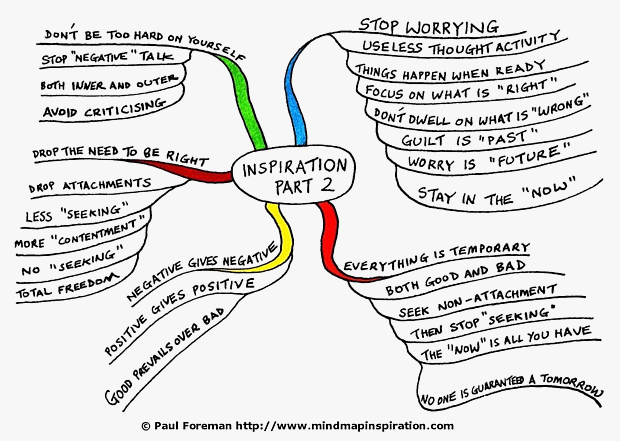 nine0003
nine0003
© Megan Savoie/Unsplash
Each of us has a trail of long-established relationships, to which, due to their duration, an unconscious sense of duty is often developed. Studies, past jobs and romances, family friends and distant relatives stick to us with long-term ties that are not very easy to cut off, and perhaps not worth it. Sometimes it’s even hard to remember why we started this or that relationship, but it’s really important to answer ourselves why we continue this relationship. nine0003
The paradox of relationships is that some of them flourish despite changing circumstances (moves, age, different life situations), and some of them aggravate, despite coincidences. For example, being in the same work team does not automatically mean unanimity with colleagues, and the same age of children is no guarantee that their parents will have something to talk about. If regular meetings with the same people leave you exhausted, give up these meetings and move on. If these are close people with whom you need to maintain relationships, think about a format that suits you and does not offend them - for example, regular meetings, eventful, shared hobbies or interesting experiences: there have long been many easier analogues for bored forced feasts with uncomfortable conversations .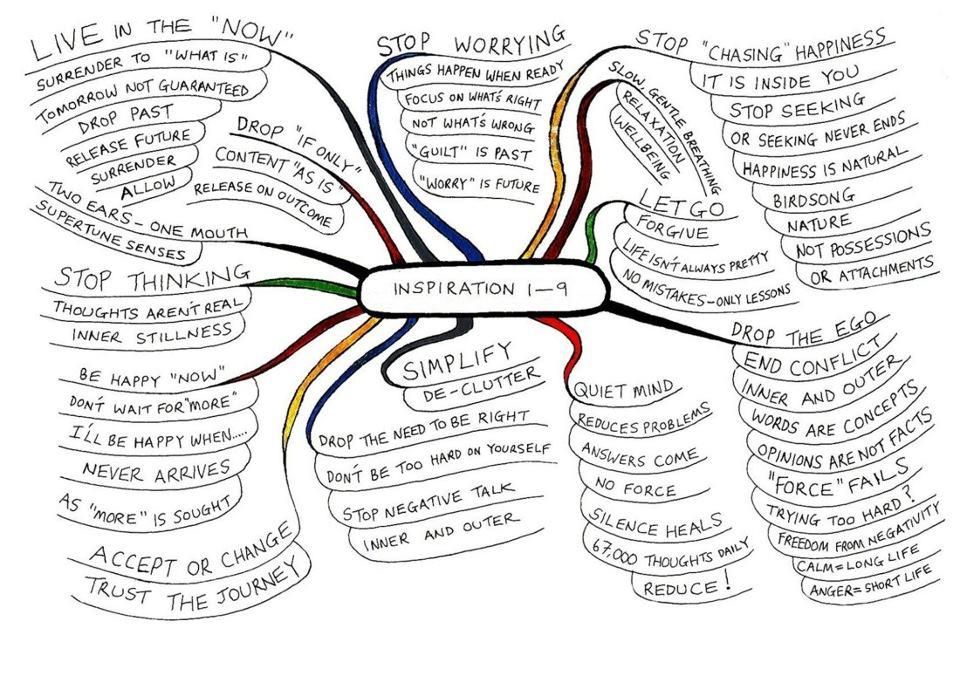 nine0003
nine0003
What to do. Carefully analyze relationships that take the most time. If these relationships are regularly frustrating and aimed at maintaining a long-established status quo, the terms need to be reviewed and in no case should the relationship be allowed to continue in an uncomfortable way. For example, parents help with the child if you spend time with them. The way out is to come up with such activities for everyone that will relieve stress as much as possible.
Check whether the people around you meet your current goals and objectives - whether it is interesting and good in their company, whether you feel a surge of energy after a meeting or rather spend energy. If you communicate because it happened, and now you don’t want to offend or bother anyone by refusing your time, think what are you afraid of? No one obliges us to communicate with college friends until old age or call back colleagues from the last job - these contacts should either fill us with strength and joy, or disappear in order to free up time for new acquaintances. nine0003
nine0003
© Sweet Ice Cream Photography/Unsplash
If only pleasant moments would remind us of the past! For many things that happened a long time ago, an adult can be embarrassed or even ashamed. Infantile decisions, hurtful quarrels, vainly spoken words, ill-conceived big deeds and really serious mistakes that influenced the course of life are in the anamnesis of almost everyone. The problem is to allow yourself to develop and move on, regardless of the choice already made. nine0003
Painful memories can be stopped in several ways, the most universal advice is to contact a psychotherapist with a list of worries. Do you regret the end of a relationship, the wrong choice of profession, painful failures in work? If all these failures are still throwing you into an icy sweat, this is a sign that it is time to act with outside help.
Another way to cope with the stresses of the past is to analyze the irreversibility of our actions. We really live in the myth that all our actions are final, while the final choice in most areas of life is not required of us. After an unhappy marriage, people can be happy in the next one. Many 40 and 50 year olds are changing and getting new education to change jobs and lifestyles. After many years in the office, you can switch to freelancing - and vice versa. You can change your place of residence and even get a passport of another country - of course, there are significant obstacles for this, but even this is not impossible with strong motivation. nine0003
After an unhappy marriage, people can be happy in the next one. Many 40 and 50 year olds are changing and getting new education to change jobs and lifestyles. After many years in the office, you can switch to freelancing - and vice versa. You can change your place of residence and even get a passport of another country - of course, there are significant obstacles for this, but even this is not impossible with strong motivation. nine0003
We tend to consolidate and take root, which is why the changing world is easier to explain through a set of supposedly irreversible actions: born, married, made a career, had children. It is according to this logic that all failures and failures also become fatal, turning points. Maybe a big setback at work or an unhappy family signal some mistakes that have been made, but the truth is that most mistakes are never fatal—and we always have time to draw conclusions and do the right thing based on our experience. nine0003
What to do. It is better to analyze the painful experience and remember what it taught, even in writing: this way you will be able to fix the results. Lost friendships - what did you learn from this experience? Where did you go wrong? Where could you go wrong? Why did the relationship crack and at what point did it become clear that love could not be saved? Why did you choose one job and not another - what arguments did you have, what advantages did you call yourself when making a decision?
Lost friendships - what did you learn from this experience? Where did you go wrong? Where could you go wrong? Why did the relationship crack and at what point did it become clear that love could not be saved? Why did you choose one job and not another - what arguments did you have, what advantages did you call yourself when making a decision?
Even in the most acute and critical situations, people find useful lessons for themselves: from the experience of overcoming illness to bankruptcy. Past mistakes can be a guide to action in a new situation - what people and what activities not to choose, in what circumstances not to find yourself and who not to trust, you can learn from the negative experience that you already have. nine0003
© Alina Daniker/Unsplash
Very often, past actions impose restrictions on us - say, we have a reputation in a certain circle and some specific behavior, habitual actions and reactions are expected from us. For example, the family is used to the fact that you are a little aloof from general issues and let others make decisions, so they do not waste time once again discussing any issues with you.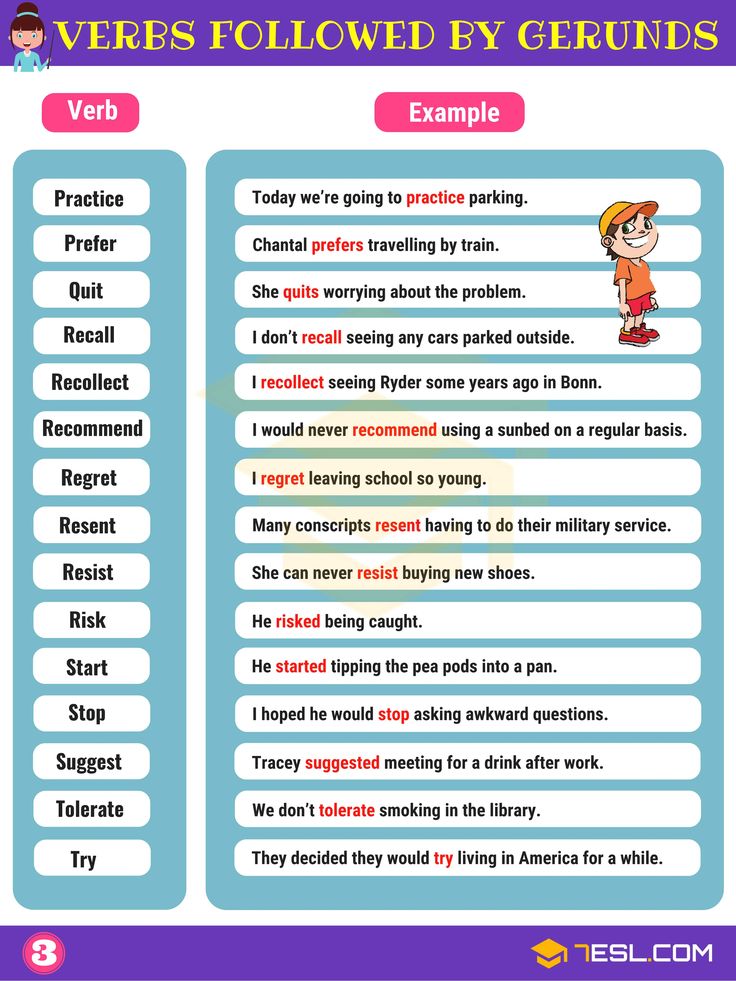 Or vice versa, you decide everything individually and independently and are tired of this responsibility. Friends are waiting for you, as always, to write first, remind about yourself, come up with a common leisure time for you. Relatives are waiting for gifts and attention in a certain proportion. The partner expects you to continue to take on most of the load with the child. Colleagues expect that you will not take the initiative and they will complete the common work without your ideas, putting you before the fact. nine0003
Or vice versa, you decide everything individually and independently and are tired of this responsibility. Friends are waiting for you, as always, to write first, remind about yourself, come up with a common leisure time for you. Relatives are waiting for gifts and attention in a certain proportion. The partner expects you to continue to take on most of the load with the child. Colleagues expect that you will not take the initiative and they will complete the common work without your ideas, putting you before the fact. nine0003
Situations can be very different - the pattern is the same: having received a characteristic in a particular environment, you in many ways become a hostage to the past image, which may no longer suit you. For example, you came to work as an inexperienced person, and in a few years you have grown a lot, but others have not noticed this yet and continue to treat you down. Or taking care of a child requires other temporary resources and investments, but the agreements with the partner remain the same.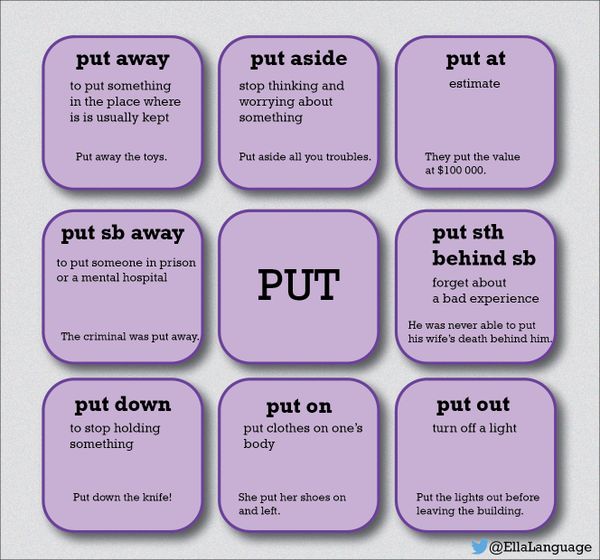 Or the relationship began when you were one person, and in a few years you better understood your preferences and requirements. The past often follows us not in the form of events, but in the form of a learned behavior pattern: a hyper-responsible employee, a caring mother, an active wife, a helping daughter or a faithful friend. And each of these roles, chosen a long time ago, imposes a number of restrictions that do not suit us today. nine0003
Or the relationship began when you were one person, and in a few years you better understood your preferences and requirements. The past often follows us not in the form of events, but in the form of a learned behavior pattern: a hyper-responsible employee, a caring mother, an active wife, a helping daughter or a faithful friend. And each of these roles, chosen a long time ago, imposes a number of restrictions that do not suit us today. nine0003
What to do. In a good mood, spread out your responsibilities and daily activities that you do a) for your own peace of mind and b) so as not to disappoint others. Take a good look at column b) and understand how many of these fears are the current you, and how many are the person from the past that you were a few months / years ago. Talk frankly with loved ones about what you expect from them and they from you, whether they hear your requirements and wishes. Look at relationships and life choices as if you had just made them, and be creative about things that you don't like very much.

